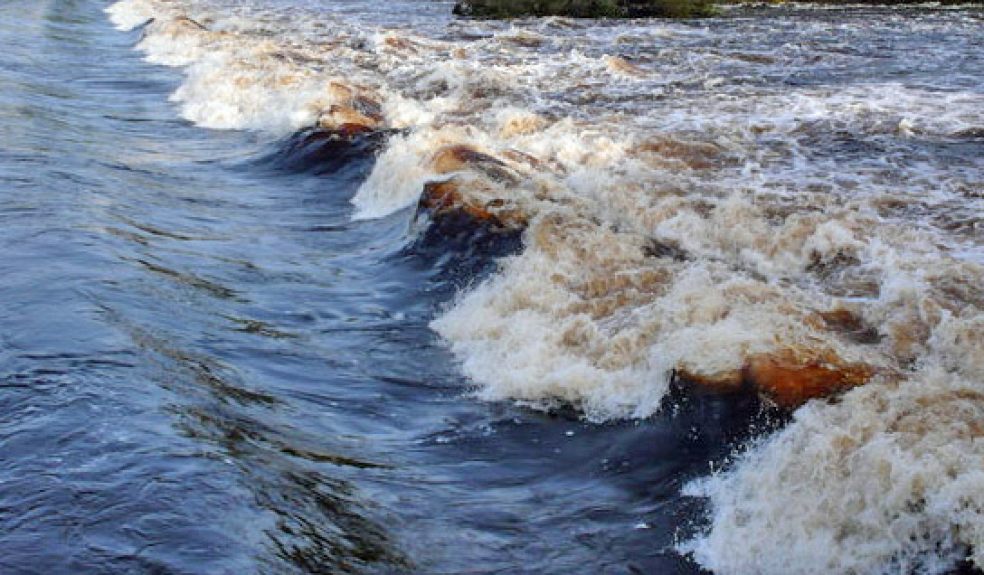
Top 10 tips for Surviving a Flood
As the region battles rain, wind and now ice, local business The Exeter Cleaning Company has put together its top ten tips for surviving floods.
Based in Broadclyst, The Exeter Cleaning Company is in an area which has known flooding in the past and they have been keeping an eye on the water this year too.
Over the years, they have worked on a number a number of flood damaged properties and they have come up with their advice on what to do if you see the floods coming to share with readers of The Exeter Daily.
1 – If you know that you are in an area that might flood, prepare yourself a flood box (make sure it is a waterproof box!) and keep it somewhere that will be dry (like upstairs). It is just one less thing to think about if the worst happens.
Handy things to have in it are:
- Bottled water
- Some food (if that includes tins, include a tin opener!)
- Any medication that anybody in the house needs
- Contact information for people and organisations that you may need to contact (see 6 below)
- A first-aid kit
- A torch (with batteries that work)
- If you have a baby or child, the essentials for them.
- Warm and waterproof clothes
- Your home insurance information and documents such as passport and driving licence
- An emergency mobile phone charger (one that does not require plugging in but that holds charge)
- A battery powered radio
- Pet food and a pet carrier if you have pets
2 – Know how to turn off your gas, electric and water. Before the water arrives and only if it is safe to do so, switch off the gas, electricity and water. DO NOT TOUCH ANYTHING ELECTRIC WHILE STANDING IN THE WATER.
3 – Sandbags. Get them. Get them early. Prepare them while it’s still dry if possible and put them near to where you will need them. Doorways, air bricks, vents – sandbag them!
4 – Move important documents and moveable items upstairs. There are some things you will not be able to replace – sentimental keepsakes – get them upstairs (or somewhere else dry) well in advance and then you’ll not have to worry about them.
5 – Bricks. Sometimes, flooding can be just a few inches or so but that can still cause a whole lot of damage. You can’t easily move your sofa upstairs but you could put it on a couple of house bricks – giving it a bit more of a chance of survival.
6 – Write a little list. Write a list of people (with phone numbers) who will be worrying about you and give it to two people. If the worst happens and you are flooded, call one or both and ask them to call everyone else and explain that you are safe, where you are going, that you are trying to save things and preserve your phone battery and, so, please don’t call. It will give you more time when you need it most.
7 – Vehicles. Most cars and other vehicles are not amphibious. Move them to higher ground.
8 – Chemicals. People tend to keep chemical products such as bleach, paints, drain unblockers and the like downstairs and often in the house. You may have to wade through dirty water to get out in any case and adding more chemicals to the mix locally won’t help things. If possible, get them in the garage, shed or upstairs – one way or the other, make sure that they are all tightly done up.
9 – If the authorities are asking you to evacuate, do it – they will only ask as a last resort. They are asking you to do it for a reason and arguing with them will only stop them from helping someone else who may be vulnerable.
10 – Once you are safe, call the insurers – the sooner you let them know, the better.
Mark Walker, director of the Exeter Cleaning Company, had one other piece of advice that, he said, was the most important of all: "Remember, whatever else you do, stay safe. None of your stuff is worth as much as you and your family."
If you need help with your property, you can find out more about The Exeter Cleaning Company at http://www.cleanexeter.co.uk or on their Facebook page at http://www.facebook.com/exetercleaning



















